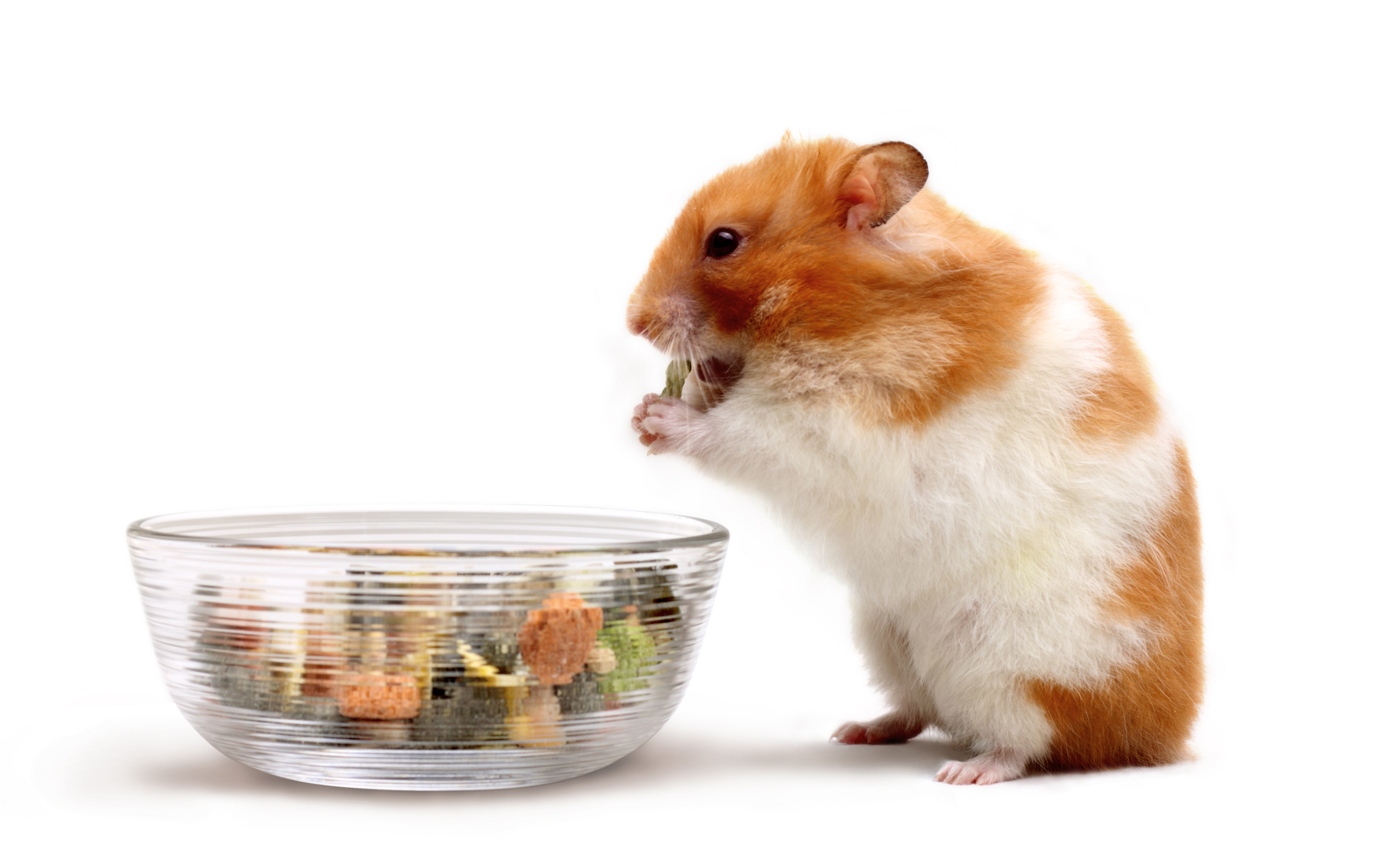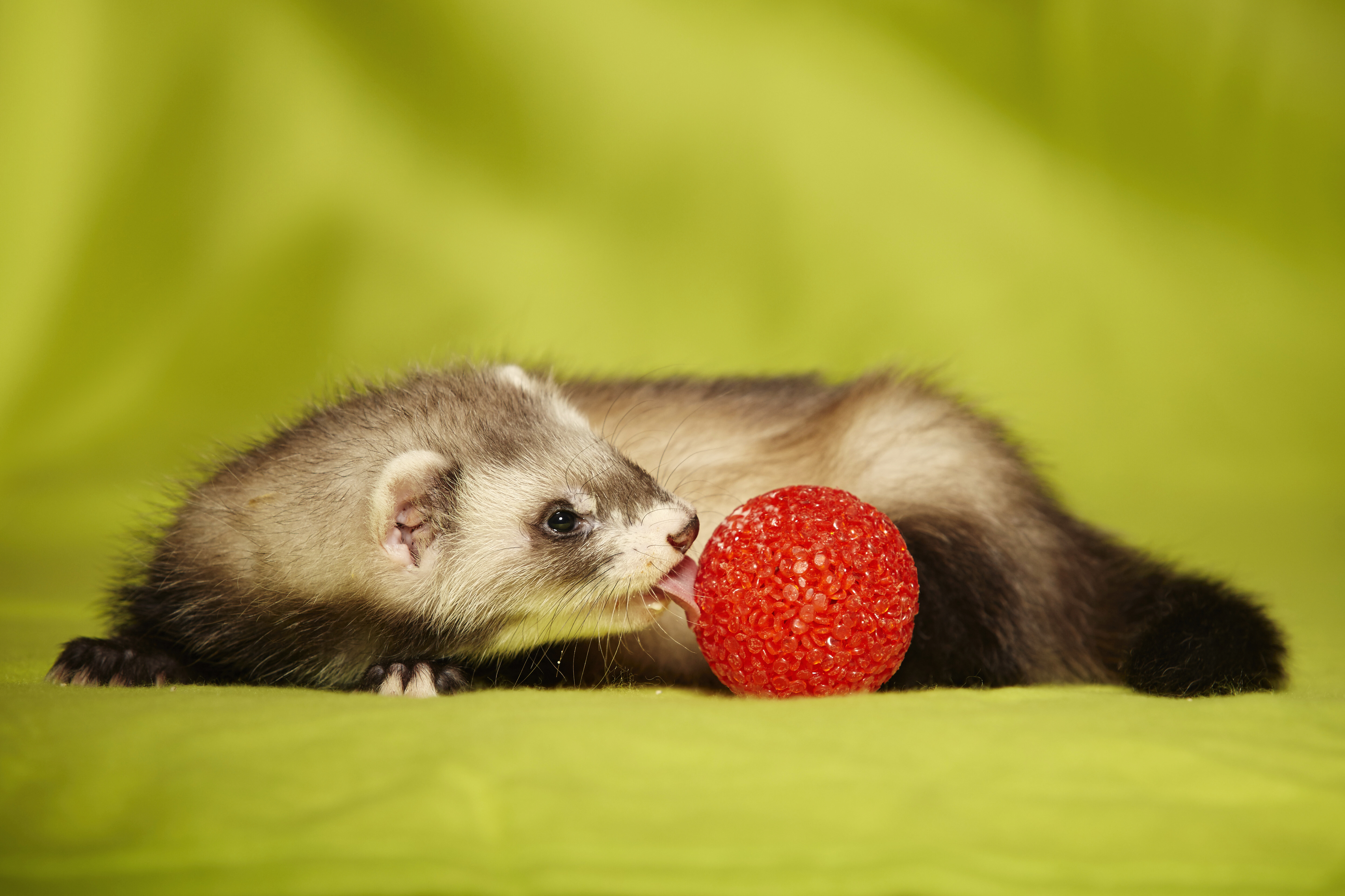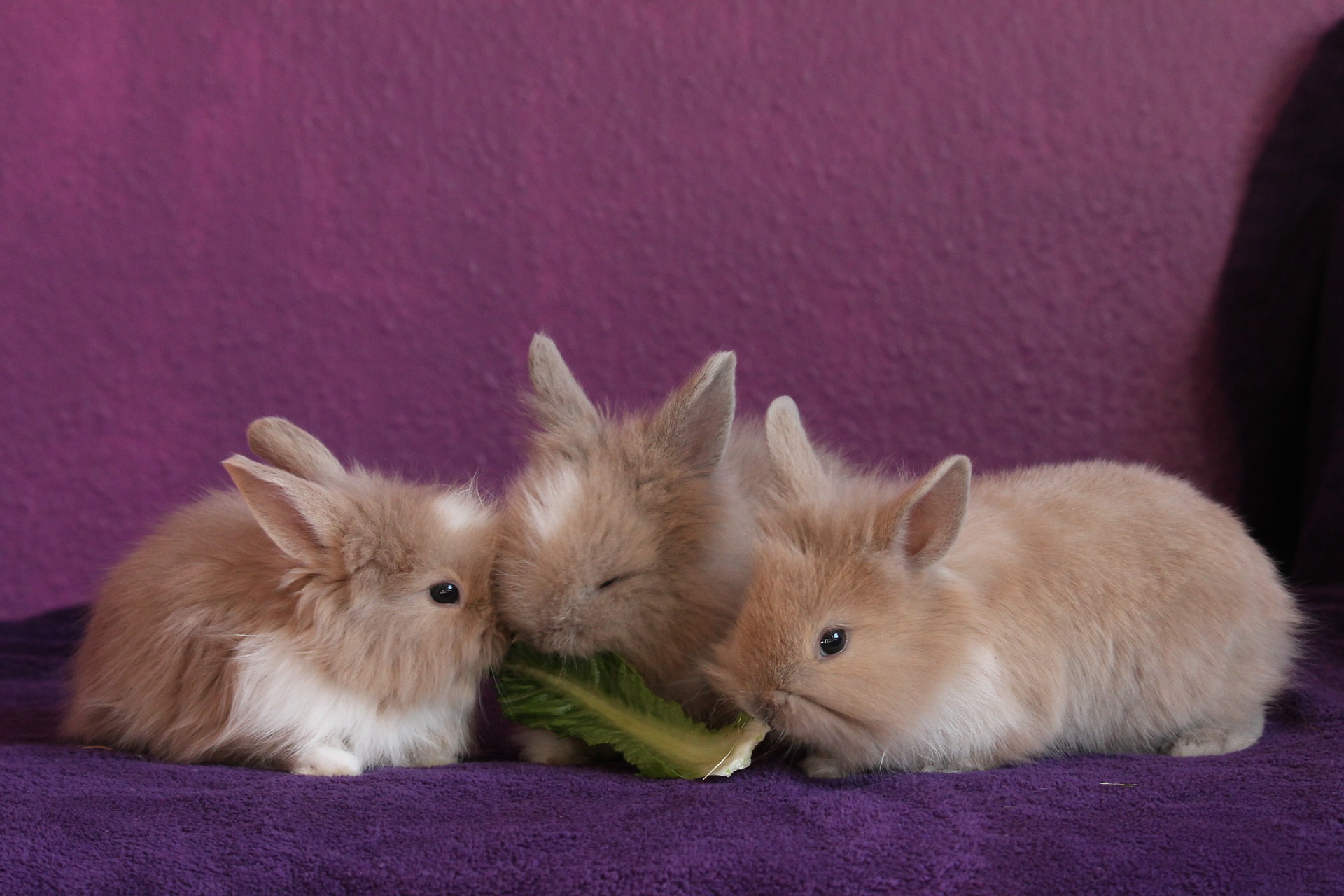Fur-mula for Success
Erik J. Martin //January 5, 2018//
If sales of small exotics have been touch and go at your store and you can’t put your finger on the problem, think “chinch,” as in chinchilla. That’s because the chinchilla is the kind of animal for which the very word “pet” was likely invented—a cuddly companion that customers won’t be able to resist once they get their fingers on that fur, the densest and softest on earth.
With the right planning, chinchillas can add an exotic cache to your operation and reputation, and a tidy profit margin, too—50 percent or more, according to Kenn Bearman, owner of The Animal Store in Lincolnwood, Illinois.
“They’re not fast movers at our store, but they offer great profit potential,” said Bearman, who sells 8- to 12-week-old chinchillas for up to $200 each, often $100 more than the cost he pays. But Bearman’s had a hard time stocking these live critters lately due to a shortage from area breeders he partners with. “We normally have three in stock at any given time, but currently we’re sold out.”
Appealing and Profitable
That doesn’t surprise experts like Narcissus Kimball, a chinchilla breeder/owner in Pocatello, Idaho.
“Fluffiness is their instant appeal. They look like cute little things with bushy tails, and they feel like nothing your fingers have ever touched before,” Kimball said. “Plus, they can live 15 years or more if well cared for, so they make great long-term pets. I own one that’s 19 years old.”
Bearman said carrying chinchillas and their supplies is worth it for his store for several reasons.
“I market my establishment as an exotic pet store, a one-stop shop for all variety of small animals. So it makes perfect sense that I would sell chinchillas,” he said. “But it wouldn’t be worth it if they weren’t moneymakers. Chinchilla owners are devoted repeat customers. And typically they’re not an impulse purchase—the people that come in to buy them have done their homework. They’re especially popular with single females.”
Another reason to stock chinchillas and their wares?
“If people see the food and care products for chinchillas in your store, they may become more interested in the idea of having one as a pet or be able to refer other chinchilla owners to your store,” said Julie Fain, digital marketing and communications coordinator for Vitakraft Sun Seed, Inc. in Bowling Green, Ohio. The company makes VitaNature Chinchilla Food, which blends pellets and whole natural ingredients like pinecones and dried herbs to provide plenty of crunch for tooth wear and foraging stimulation.
The key to getting started and building momentum with chinchillas is to find an area breeder you can trust.
“Chinches can suffer from genetic conditions like heart disease and malocclusion if they’re not bred carefully, so it’s important to find and rely on a reputable expert,” Kimball said.
She recommended searching for a breeder who is a member of either the Empress Chinchilla Breeders Cooperative (empresschinchilla.org) or the Mutation Chinchilla Breeders Association (mutationchinchillas.com).
“If you plan to breed your own stock, it’s best to get mentored by and obtain your starter stock from this reputable breeder,” Kimball added.
Edible Options
Because they’re not as popular as hamsters, guinea pigs or rabbits, “there aren’t a lot of products readily available just for chinchillas. Consequently, it’s easy for the few chinchilla products on your shelf to get lost among the many options available for other small pets,” Fain said. Nevertheless, “it’s important for people to know that those supplies are available at their local pet store and that they don’t have to order them through an online retailer.”
When it comes to daily diet, most feeds consist of pellets, hay and water.
“A pelleted diet provides essential nutrients, such as vitamin E, that are lacking in a purely hay-based diet. Providing the proper balance and amount of essential nutrients supports a chinchilla’s overall health and happiness,” said Dr. Troy Tollefson, the Farmington, Utah-
based nutritionist at Mazuri Exotic Animal Nutrition. The company is known for its Mazuri Chinchilla Diet, which contains multiple sources of fiber, probiotics to support digestive health, and flaxseed for beneficial Omega-3 fatty acids.
Other chinchilla-safe brands that Kimball recommends include Purina Rabbit Chow Show Wholesome AdvantEdge, Oxbow Essentials Chinchilla Food and Manna Pro Sho Super Premium Feed for Show Rabbits. Whether you are instructing store staff or shoppers, it’s important to stress proper chinchilla feeding.
“Chinchillas are nocturnal animals that eat approximately 70 percent of their food between 9 p.m. and 7 a.m.,” Dr. Tollefson said. “Overfeeding can lead to obesity if they consume extra calories. Treats like fruit, raisins, seeds and nuts are great for training, but should be limited to less than 20 percent of a chinchilla’s overall diet.”
Packaged treats of note include Vitakraft’s Chinchilla Cocktail, featuring rose hips, alfalfa and mountain ash berries, and Supreme Petfoods’ Tiny Friends Farm Charlie Chinchilla Tasty Mix.
Additional Needs
Other shelf essentials for this species include a metal cage (Kimball warns against exposing chinches to plastic, which they can chew and ingest, causing a gut impaction), glass water bottle, wood hideaway, metal food bowl, Timothy hay, wood or lava stone chews, dust bath powder, pumice stone, and pine or aspen shavings for bedding.
“Don’t let these products disappear between the larger display of products available for the more common small animals,” Fain suggested.
“It might help to group your exotic pet supplies together or create special displays every once in a while to feature exotic products you offer in-store.”
Additionally, continue to follow the golden rule of pet retailing.
“Make sure all store employees are knowledgeable about the common needs of chinchillas so they can answer questions and offer helpful advice to customers,” Fain added.



















